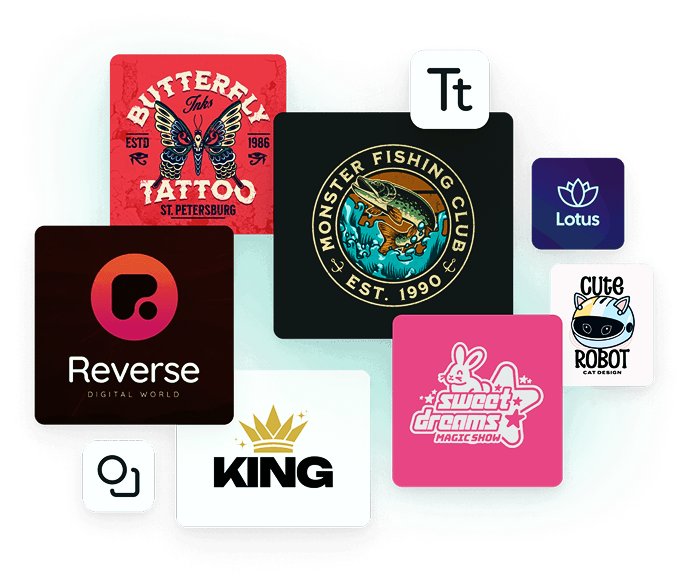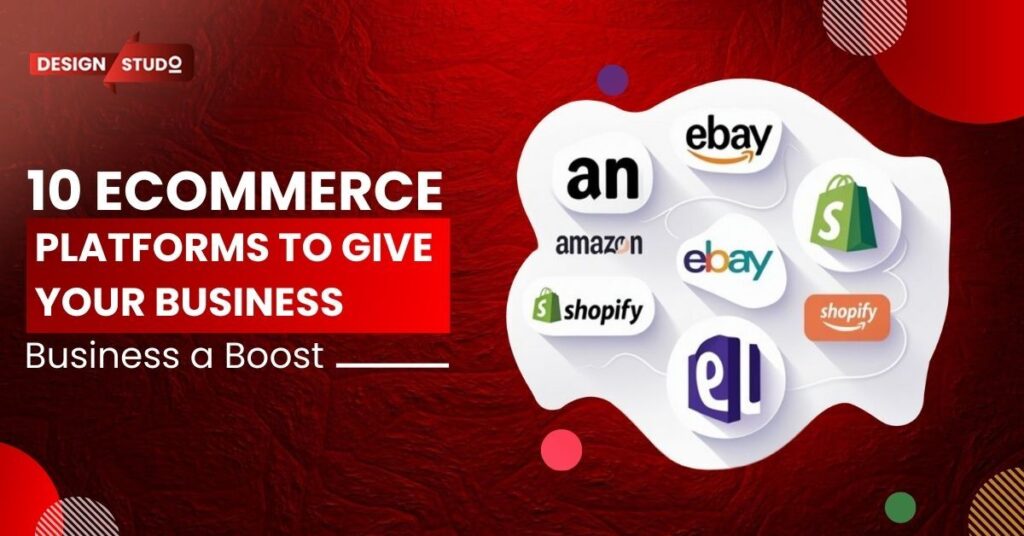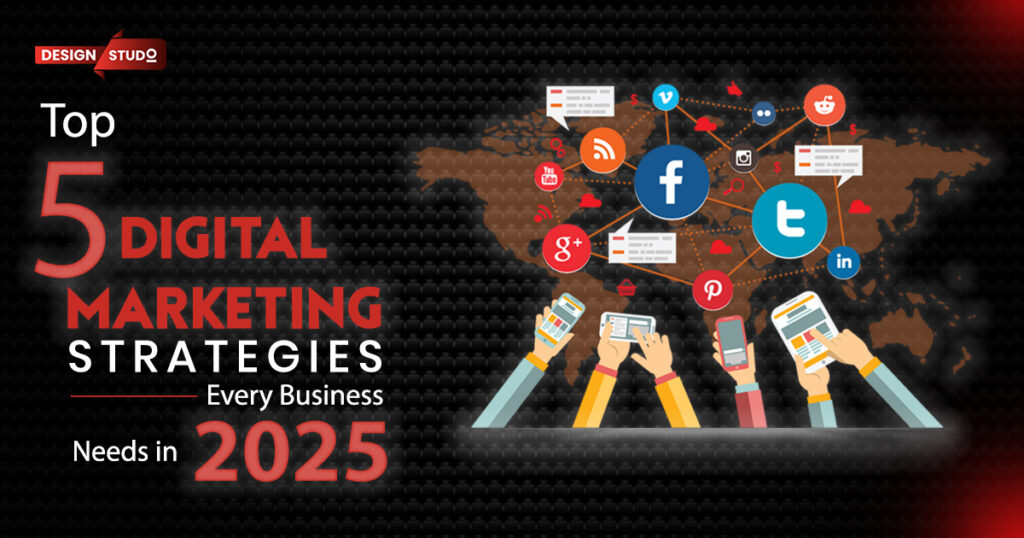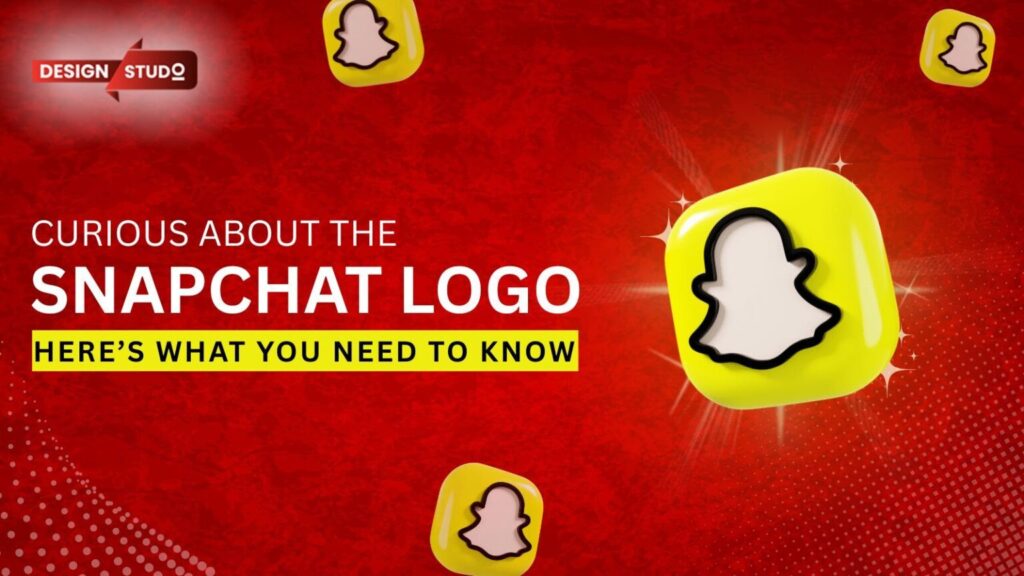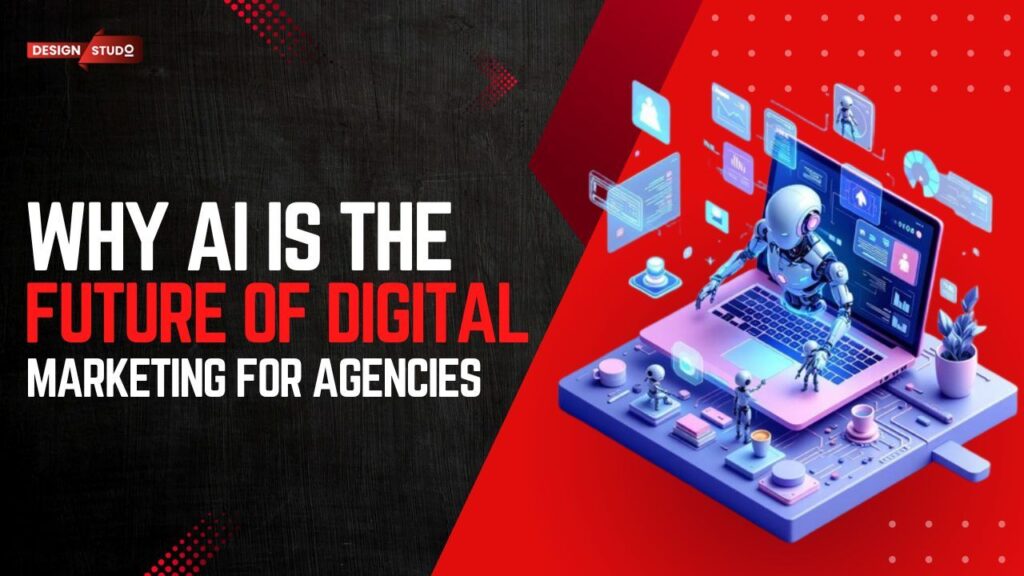Introduction
Personalization has become a cornerstone of effective marketing in the fast-evolving digital landscape. Consumers now expect brands to understand their preferences and deliver tailored experiences. As technology advances, personalization in digital marketing is set to reach new heights. This blog explores the future trends and tactics businesses can leverage to stay ahead in the personalization game.
The Importance of Personalization in Digital Marketing
Personalization enhances customer engagement, boosts conversion rates, and fosters brand loyalty. With consumers being bombarded by countless digital ads daily, personalized marketing messages stand out, ensuring relevance and meaningful interactions. Leading digital marketing service providers are incorporating personalization strategies to deliver more targeted campaigns and maximize results.
Benefits of Personalization
- Improved Customer Experience: Personalized content increases engagement and satisfaction.
- Higher Conversion Rates: Relevant recommendations drive higher sales.
- Increased Customer Retention: Personalized interactions foster stronger relationships.
- Better ROI: More targeted campaigns lead to efficient ad spend and higher revenue.
- Enhanced Brand Loyalty: When consumers feel understood, they are more likely to engage and make repeat purchases.
Don’t forget to checkout:
The Power of Local SEO: Attracting Customers in Your Area
SEO and Content Writing: A Dynamic Duo for Success
Future Trends in Personalization
1. AI-Driven Personalization
Artificial Intelligence (AI) is transforming personalization by analyzing vast datasets and predicting consumer behaviors. AI-powered tools enable brands to deliver hyper-personalized experiences through:
- Real-time content recommendations.
- Predictive analytics for better customer targeting.
- AI-powered chatbots offer personalized support.
- Automated marketing strategies are driven by machine learning algorithms.
2. Hyper-Personalization
Beyond basic demographic targeting, hyper-personalization uses AI and machine learning to craft marketing messages tailored to individual behaviors, interests, and preferences. Digital marketing service providers are leveraging hyper-personalization to enhance campaign effectiveness. Key tactics include:
- Dynamic email content tailored to user interactions.
- Personalized website experiences based on browsing behavior.
- Predictive product recommendations.
- AI-powered content creation for individualized marketing campaigns.
3. Voice and Visual Search Personalization
With the rise of smart assistants like Alexa and Google Assistant, brands must optimize for voice search personalization. Similarly, visual search (e.g., Google Lens) allows consumers to find products using images. To adapt, businesses should:
- Optimize content for voice queries.
- Utilize AI for image recognition-based recommendations.
- Create conversational AI-driven shopping experiences.
- Enhance metadata and structured data for visual search indexing.
4. Data Privacy and Ethical Personalization
As data regulations tighten (e.g., GDPR, CCPA), businesses must balance personalization with privacy. Future strategies include:
- Transparent data collection policies.
- First-party data strategies for personalized marketing.
- AI-driven anonymization techniques to ensure compliance.
- Secure data storage practices to protect customer information.
5. Omnichannel Personalization
Consumers interact with brands across multiple touchpoints—websites, social media, mobile apps, and emails. A seamless omnichannel experience ensures consistency. Future tactics include:
- Cross-platform data synchronization.
- AI-driven omnichannel customer journey mapping.
- Personalized push notifications and SMS marketing.
- Integration of augmented reality (AR) in personalized customer interactions.
6. Personalized Video Content
Video marketing continues to dominate digital engagement, and personalized video experiences will drive higher interactions. Strategies include:
- Dynamic video ads based on user behavior.
- Personalized video email campaigns.
- AI-generated video content tailored to user preferences.
- Interactive video ads offering real-time customization options.
Don’t forget to checkout:
The Role of Micro-Animations in Enhancing User Interaction
Top 15 SEO Marketing Companies in the USA
Tactics to Implement Personalization Successfully
1. Leverage Big Data and Analytics
Understanding consumer preferences requires analyzing data from multiple sources. Businesses should invest in:
- Customer data platforms (CDPs) to centralize insights.
- Predictive analytics tools to anticipate user behavior.
- AI-driven segmentation for targeted messaging.
- Machine learning models that continuously refine personalization strategies.
2. Dynamic Content and Personalization Engines
To deliver real-time personalization, brands must implement:
- Personalized landing pages based on user history.
- AI-driven content generation.
- Adaptive email campaigns that change content based on recipient behavior.
- Real-time personalization engines for e-commerce recommendations.
3. Interactive and Gamified Personalization
Engagement-driven strategies like gamification enhance personalized experiences. Brands can incorporate:
- Personalized quizzes and product recommendation engines.
- Gamified loyalty programs reward user behavior.
- Augmented reality (AR) experiences are tailored to individual preferences.
- AI-based chat-driven games that adapt to user responses.
4. Customer Journey Mapping
A deep understanding of the customer journey helps businesses personalize interactions at each stage. Steps include:
- Mapping out key touchpoints.
- Using AI to predict the next step in the journey.
- Automating personalized follow-ups based on user actions.
- Real-time behavioral tracking for more accurate customer insights.
5. AI-Powered Chatbots and Conversational Marketing
Conversational AI is reshaping how brands engage customers. AI-powered chatbots enhance personalization by:
- Offering real-time, tailored support.
- Providing product recommendations based on past interactions.
- Personalizing conversational email marketing.
- Predicting customer queries and automating responses based on past conversations.
6. Personalized Social Media Marketing
Social media platforms are evolving to support personalization, offering brands more ways to engage with their audience. Key strategies include:
- AI-driven ad targeting based on user interactions.
- Personalized content curation on social feeds.
- Automated direct messaging with AI chatbots.
- Influencer collaborations tailored to niche audience segments.
Conclusion
The future of digital marketing personalization lies in AI, big data, and ethical data use. By embracing hyper-personalization, omnichannel experiences, and interactive strategies, brands can create meaningful and relevant customer engagements. Businesses that invest in these trends and tactics will gain a competitive edge in an increasingly personalized digital world.
Moreover, staying updated with evolving technology and consumer expectations is crucial for sustained success. Brands must continuously refine their personalization strategies to adapt to changing market dynamics. Personalized digital marketing is no longer a luxury—it’s a necessity.
Are you ready to revolutionize your digital marketing strategy? Start implementing personalized tactics today to enhance customer engagement and drive business success! Leading digital marketing service providers can help businesses implement these strategies effectively, ensuring long-term success in the ever-evolving digital landscape. Digital Marketing Trends
Also check out Design Studio Online GBP…!

